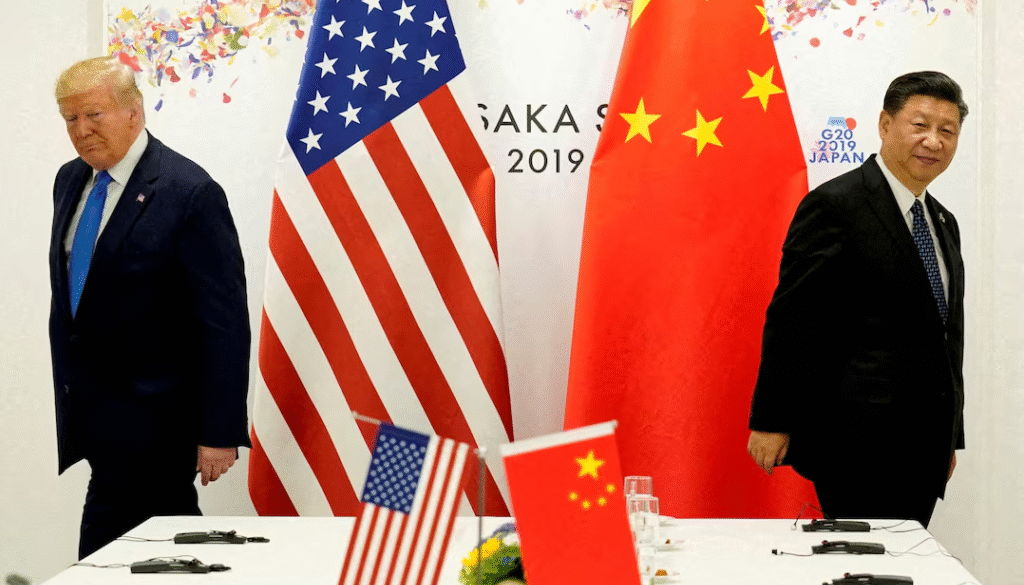China is not backing down from Trump’s tariff war. What next?
The U.S.-China trade war, sparked during Donald Trump’s presidency, has led to escalating tensions between the two largest economies in the world. Despite the ongoing challenges, China has shown no signs of backing down from the tariffs imposed by the Trump administration, and experts are now questioning what the future holds for global trade and relations between the two nations.
The Trade War’s Impact on Global Markets
When Trump introduced tariffs on Chinese goods in 2018, it set off a series of retaliatory actions that have affected not only the U.S. and China but also other countries that rely on the two for trade. The tariffs targeted a wide range of Chinese exports, including electronics, machinery, and agricultural products, creating a ripple effect across industries worldwide. China responded by imposing its own tariffs on American goods, especially targeting industries such as agriculture, which directly impacted U.S. farmers.
China’s Response to Trump’s Pressure
China has repeatedly stated that it will not back down from its stance on tariffs, insisting that the U.S. must ease the trade restrictions before any meaningful discussions can take place. Despite Trump’s efforts to use tariffs as leverage to force China into trade concessions, Beijing has remained resilient, opting for a more long-term strategy of self-reliance and economic expansion. This strategy includes diversifying trade partners, investing in emerging technologies, and boosting domestic innovation.
The Future of Trade Relations
As President Joe Biden takes office, the question remains: will there be any major changes in the U.S.-China trade policies? While Biden has not completely reversed Trump’s tariffs, he has indicated a willingness to approach China with a more diplomatic tone. However, the underlying issues, such as intellectual property theft, trade imbalances, and concerns over human rights, remain complex and contentious.
Some analysts predict that the trade war could continue under Biden’s administration, though with a more strategic and measured approach. The Biden administration may look to collaborate with allies like the European Union and Japan to pressure China into addressing unfair trade practices, rather than using unilateral tariffs as Trump did.
What’s Next for Global Trade?
Looking ahead, the ongoing tensions between China and the U.S. could shape the future of global trade in unpredictable ways. For businesses, the uncertainty around tariffs and trade policies could lead to challenges in supply chains, pricing, and market access. Companies will need to remain agile and adapt to shifting trade regulations and tariffs.
Furthermore, the global community will be watching closely to see if China’s strategies to maintain its economic growth while navigating the tariffs succeed or if the U.S. and China will find common ground in resolving their trade disputes.
In conclusion, while China may not be backing down from Trump’s tariff war anytime soon, the future of U.S.-China trade relations is still uncertain. The next chapter will depend on political shifts, economic strategies, and how both countries choose to navigate their complex relationship in a rapidly changing global economy.
